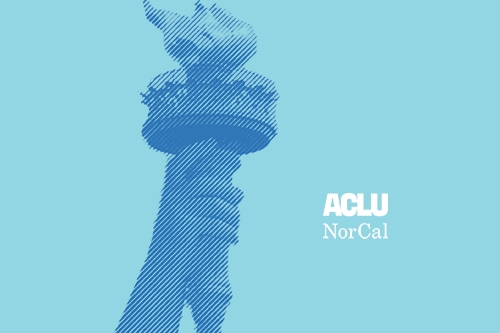Article Media

Redding - The ACLU of Northern California (ACLU-NC), in cooperation with national law firm Pillsbury Winthrop Shaw Pittman LLP, has filed a lawsuit on behalf of students in the Shasta Union High School District, challenging the District’s newly adopted random and suspicionless drug testing policy. In August 2008 the District adopted a policy requiring that all students who participate in non-athletic competitive and representational activities submit to drug testing, including testing for nicotine, alcohol, prescription drugs, and illegal drug use. The ACLU suit charges that the District's new policy infringes on students' rights to privacy and to participate in classes and school-related activities, a core part of public education and curriculum.
“Schools already have the authority to test or search any student if they think they’ve been using drugs.” said Michael Risher, ACLU-NC Staff Attorney. “But to test students without any suspicion of drug use just because they want to participate in activities like the math team or band isn’t just unconstitutional, it’s also irrational.”
Studies consistently demonstrate that students who participate in school-sponsored activities like the performing arts are less likely to use drugs, and these activities may even prevent drug use. Data show that the rate of drug use in the District is approximately the same as the statewide average for other high-school districts, and slightly lower than in the other districts in Shasta County. Drug use among students nationwide has steadily declined since the mid-1990s.
“Over half of the District’s students participate in competitive, representative, and school-sponsored activities. These activities include band, photography club, choir, and math club, and are an integral part of the school curriculum,” said lead attorney Thomas Loran, a Pillsbury litigator who is providing counsel to the students and their parents on a pro bono basis. “Many such activities are part of classes that provide students with academic credits needed to graduate, and are critical to students’ successful application to college. Until recently, such classes and activities were generally open to any District student who wished to participate. The new drug testing policy may discourage students from participating in these activities, if subjected to the indignity and privacy violation of being forced to provide a urine sample while their Assistant Principal listens outside the bathroom door.”
Loran adds that the policy makes even less sense given the inconvenience and costs of testing more that 50 percent of the student population at a time when the economy is already wreaking havoc on school district budgets.
The lawsuit (Shasta County Superior Court No. 164933), brought on behalf of two District students and their parents, seeks judicial relief from the Shasta Union High School District’s August 2008 Competitive Representational Activities Code. Several months prior to the lawsuit, the ACLU and District parents contacted the District asking it to change its policy. The District refused.
“Students who have done absolutely nothing wrong shouldn’t be treated like criminal suspects,” Risher noted.
Legal documents
Amended Complaint for Permanent Injunctive Relief (April 10, 2009)
ACLU Letter to Shasta Union High School District (July 14, 2008)
